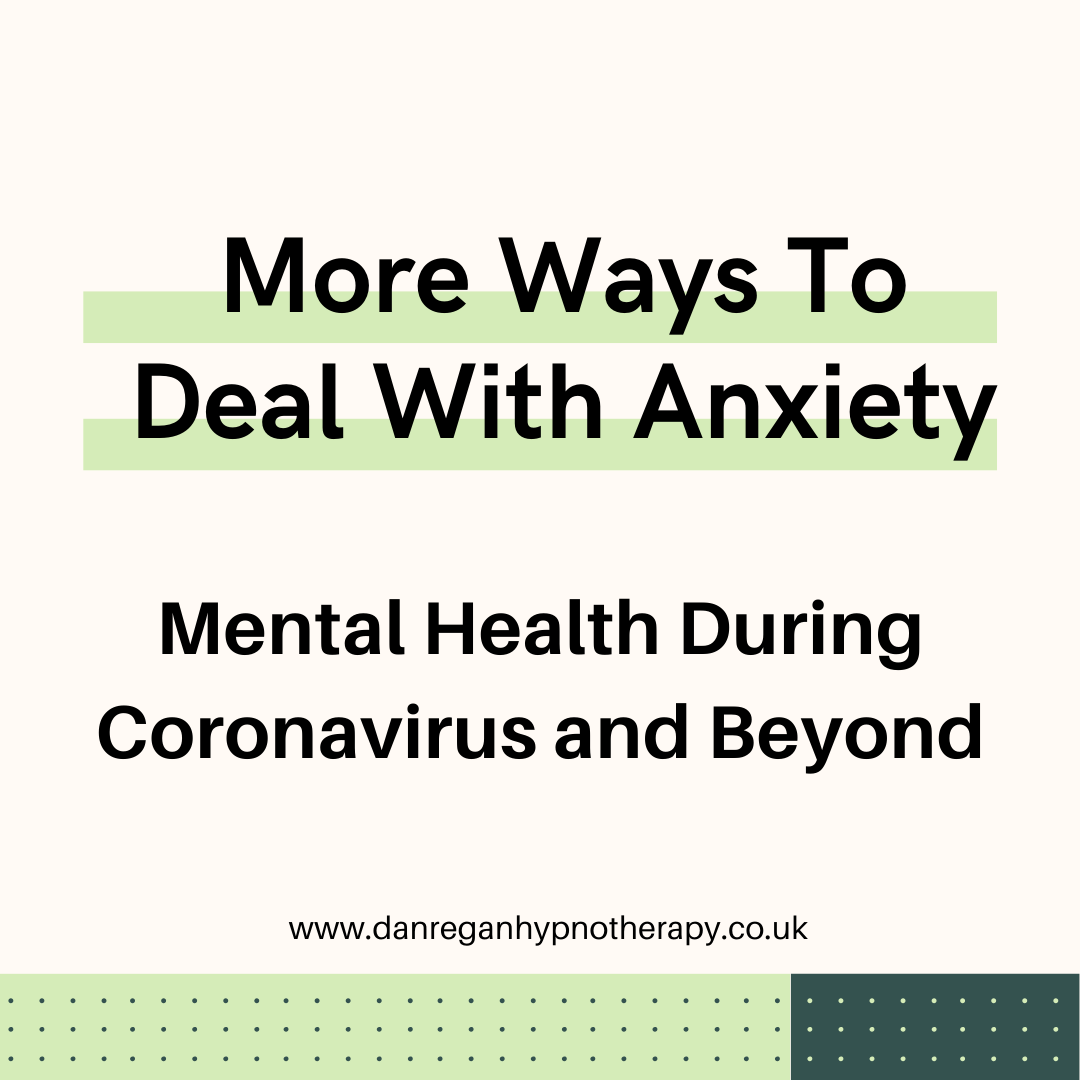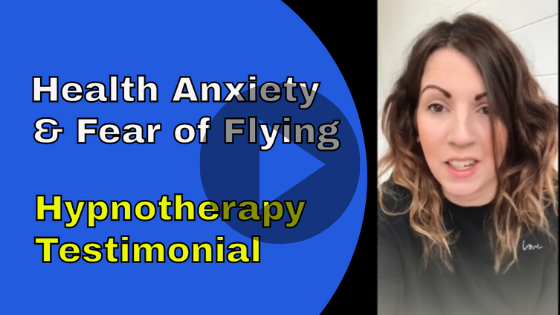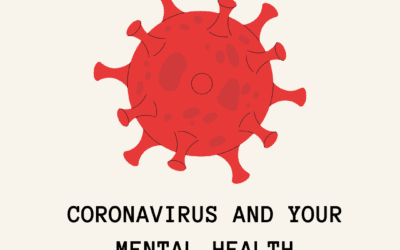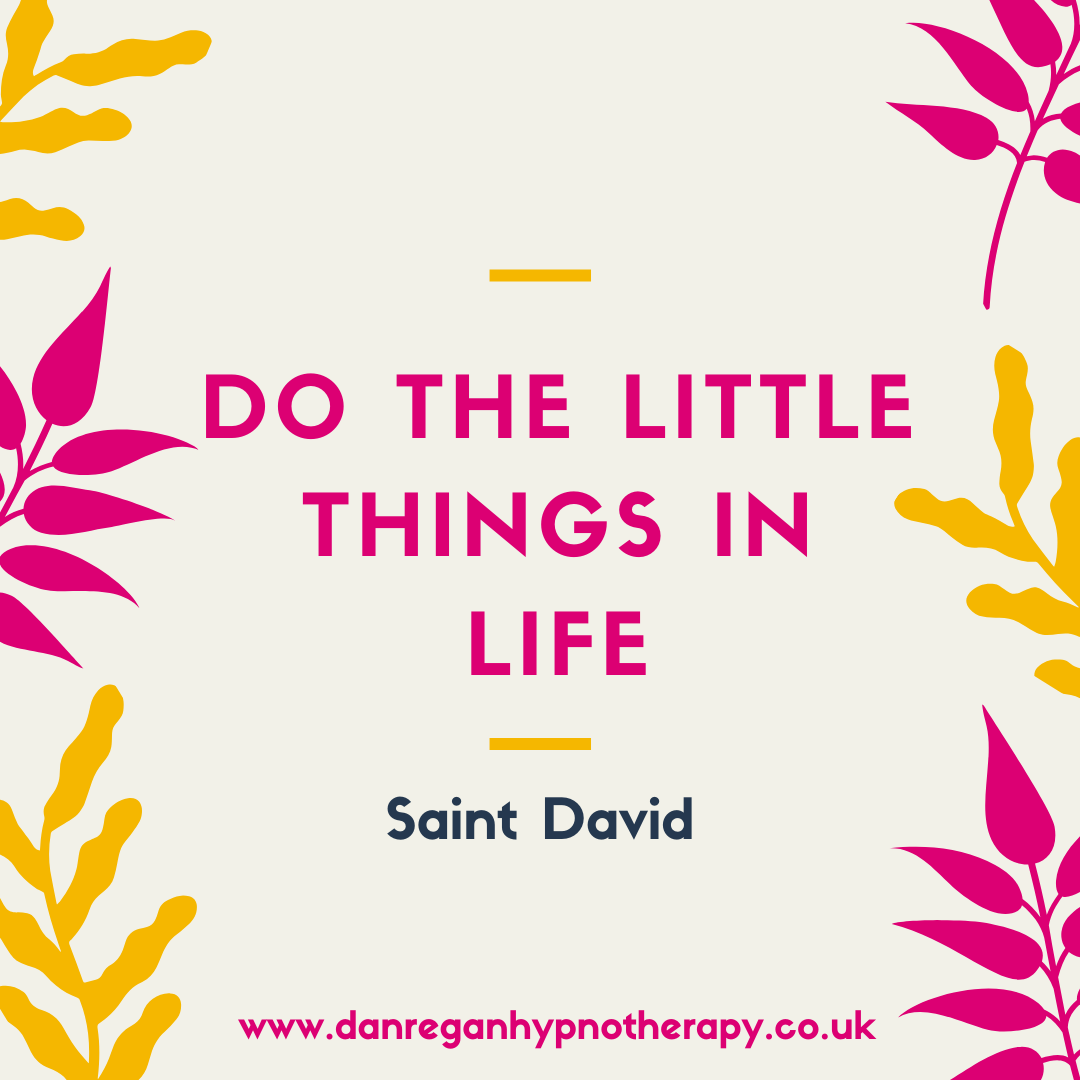Required
More Ways To Deal With Anxiety – Mental Health During Coronavirus and Beyond
More Ways To Deal With Anxiety – Mental Health During Coronavirus and Beyond
The Covid-19 coronavirus pendemic continues to dominate life here in the UK and elsewhere across the globe. As I write this, Prime Minister Boris Johnson has just left hospital after a stay in intensive care and the daily number of people who have sadly died in the UK has just been published and has risen over the ten thousand mark.
Each and every day we are hearing more worrying news and updates about the coronavirus and its terrible ramifications. Life is uncertain right now and none of us know when any semblance of normality may return. And even in the things we can do under the current restrictions, there’s a constant (justified) need to be alert and vigilant, to wash hands regularly, maintain social distancing and only go out for specified reasons. To beat this coronavirus, we all need to be thinking and aware, to keep abreast of the latest developments and to do all we can to protect our own loved ones and save lives.
It’s no wonder in this kind of environment that so many people are struggling right now with anxiety and stress and are experiencing an impact on their mental health.











